The German-Israeli Energy Partnership was launched in 2022. This partnership constitutes a joint effort to support innovative projects, the flow of information, and the exchange of best practices to mitigate the effects of climate change and ensure a smooth transition towards a carbon-free economy whilst bolstering economic growth in Germany and Israel. This is done by bringing together policymakers, leading entrepreneurs, and experts in relevant fields to tackle some of the most pressing challenges in topics ranging from cyber security and the protection of critical infrastructure to ramping up the production, the storage, and the transportation of energy from renewable and sustainable sources.
Background
The global context of the Covid-19 pandemic, the ongoing conflict in Ukraine, and the imminent perils of climate change have underscored the pressing need for nations to accelerate the transition towards sustainable and dependable energy sources. It is now clearer than ever that energy security and climate change mitigation strategies are inextricably linked.
Given these recent developments, the German government has made the decision to diversify its energy supply and gradually phase out fossil fuels, particularly carbon-intensive coal and oil. These fossil fuels, often imported from Russia, are being replaced by investments in renewable energy systems, with a strong focus on wind, photovoltaic, and hydroelectric technologies. With its technological expertise, abundant natural gas reserves, and commitment to mitigating climate change, Israel has emerged as a key partner for Germany. The Energy Partnership not only solidifies this alliance but also enhances and broadens the collaboration between the two countries. This partnership lays the foundation for energy and climate security for both nations and contributes to the global effort in addressing these pressing challenges.
Goals
The work program 2025 focuses on expanding renewable energy infrastructure, grid flexibility, energy efficiency in existing buildings, hydrogen technologies, and leveraging gas infrastructure for hydrogen transportation. Another crucial area of cooperation is to bolster the resilience of critical energy infrastructure against both physical and digital threats.
Working Groups
The inter-governmental collaboration between Germany and Israel on energy-related issues, as outlined in the agreement in March 2022, is implemented by two working groups. Each working group is co-chaired by ministerial representatives from Germany and Israel.
The program for 2025 includes a range of joint activities, including workshops, research studies, conferences, and delegation trips. These activities focus on various aspects of the energy sector, such as renewable energy, energy storage, energy efficiency, and smart grids. Besides governmental actors, representatives from research institutes, think tanks, civil society, industry associations, and the private sector are involved in the activities.
Joint Modus Operandi and Structure of the Working Groups
The working groups are advisory bodies that coordinate cooperation in the areas of Energy Policy Issues and Digitalisation and Protection of Critical Energy Infrastructures, respectively. They are organized by the Israeli Ministry of Energy and Infrastructure (MoEI), the German Federal Ministry for Economic Affairs and Energy (BMWE), the Federal Ministry of the Interior, Building, and Community (BMI), and the Israel National Cyber Directorate (INCD). The program is implemented by the German Energy Agency (dena), which is a subsidiary of the Federal Ministry for Economic Affairs and Energy (BMWE).
Ministries
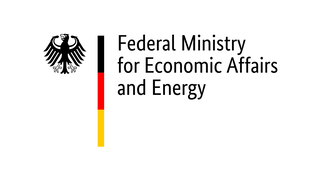
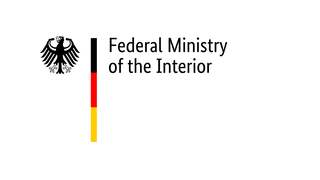
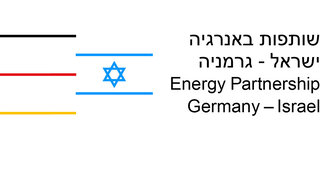
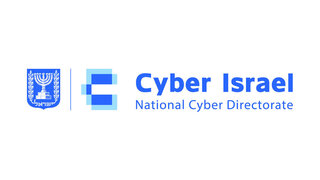
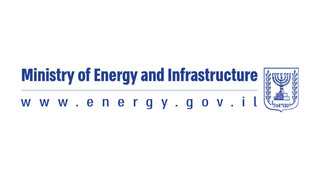
Implementing Organisation
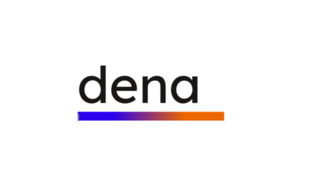
Working Group 1: "Energy Policy Issues"
The Working Group on Energy Policy Issues (WG EPI) serves as a coordinating and advisory body for the cooperation between the executive bodies of Israel and the Federal Republic of Germany in the jointly defined fields of activities.
Working Group 2: "Digitalization and Protection of Critical Energy Infrastructure"
The German and Israeli governments are increasingly concerned about the resilience of their critical energy infrastructures in the face of cyber-attacks.
